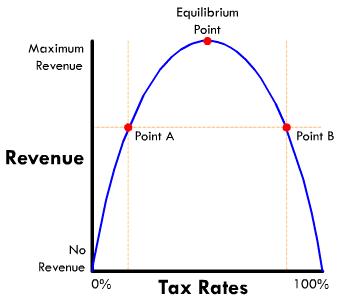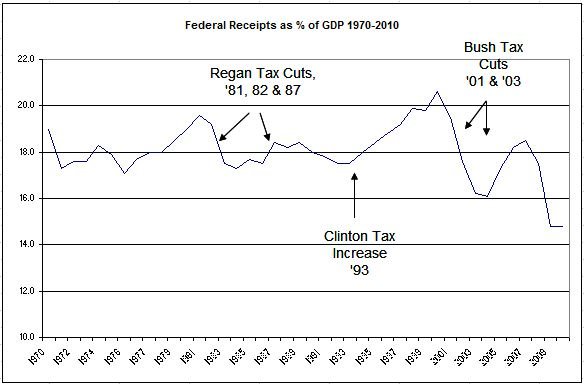I am going to try to toe the non-political line here, but it might be impossible when talking about tax policy.
I have been thinking about the financial industry and their huge compensations lately. It seems to me that the lure of hundred-million dollar bonuses is just too much for the character of many (if not most) folks to resist. The heads-I-win (hugely) tails-you lose effect seems to drive folks into irrational, immoral, and illegal actions.
This is one place where the disincentives that Ziggy pointed out might be just the thing we need. Removing the temptations for malfeasance that gazillion dollar bonuses present by taxing them at, say 80%, would probably discourage financial gurus from taking crazy risks to make such huge amounts of money. The trick would be to set the threshold for the top rate very high. I dunno, $50MM maybe.
This sort of thing has precedent. The top rate in 1937 was 79%, but look at the threshold for that rate. It was $5MM then, or more than $75MM in today's dollars.
There. My best shot at presenting a potentially controversial policy notion in a non-political fashion.
Why I can understand the appeal of this idea I think there is very little chance that more than handful of people would pay the 80% s rate and certainly no banker would. I also think it would have any even smaller chance of doing what you hope, in discouraging excessive risk taking.
I started work right before the Reagan tax cuts. Many of the engineers in my open office were quite senior. The top 3 conversations at the office were stocks, tax shelters, and sports, and I am pretty sure that sports was distant third.
Here are the top tax rates from 1980/81 49%,55%, 63%,68%, 70%. Take a guess at corresponding income levels were for a single filer. Then go to the bottom of my message, for the answer.
Pretty amazing huh, since virtually everybody in my office other than myself was in marginal tax rate well over 50% when including CA income tax, the entire department was obsessed about avoiding paying taxes. People were investing in horse farms, ranches, oil wells, natural gas wells, low income rental properties you name it. Each investment employed a CPA, a general partner, a lawyer and a sales force. None of them every made a profit (and I am not sure they ever produced a barrel of oil, a racehorse or a steak)
When income tax rates get too high (and I argue anything over 50% is to high) people will go to extraordinary lengths to avoid paying taxes. Countries like Greece and Turkey are classic examples of this.
Finally, you are crazy if you think a company like Goldman Sachs would pay its executive 50 or 100 million bonuses if they are taxed at 80%. Instead they will pay them much lower salaries, but they will also give them alternative forms of compensation. Like 5 million options on Equity Participation units for the Goldman Sachs Solar Energy Green American fund. Now the Goldman Lawyers and accounts will argue that options are only worth $1 each. But some how all perfectly legal in a few years the options will turn in $5 million in cash and $50 million in tax credits. At which point they will receive $50 million bonus but not owe taxes on it.
Now I am obviously speculating here what GS will do, but I know that nobody is making investment in any alternative energy without tax credits.
In fact tomorrow morning Nords and I are attending a seminar in on investing in renewable energy. Is it put by a Hawaii or Silicon Valley entrepreneur talking about Hawaii's wonderful physical and economic (highest energy cost in the country) for renewable energy? Nope it is put by the top CPA and legal firm in the state talking about the tax angles. An 80% tax rate would be great for bankers, accountants, and lawyers, but that is about it.
GS and Wall St. bankers may have the morality of serial killer or a politician, but they are also extremely adept at playing the system. If the system changes they adapt, and they likelihood that Congress can write a set of tax laws that will cost them 1/2 their salaries is very slim.
80/81 Tax rates 49% 34,100, 55% 41,500, 63% 55,300, 68% 88,100, 70% 108,300.



